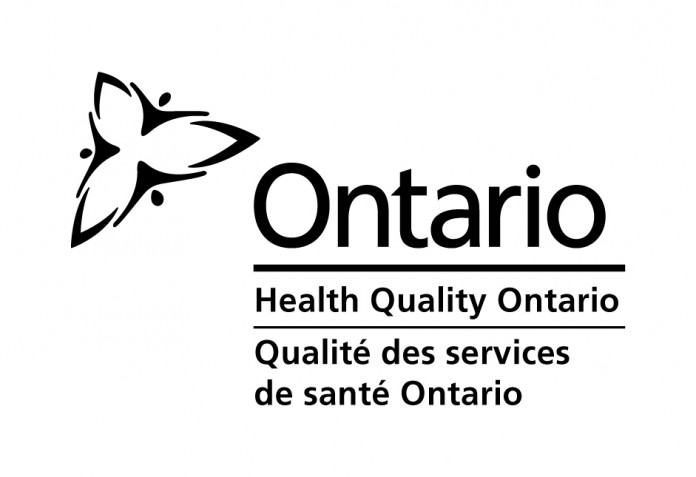Many of the greatest risks to quality take place as patients move through different parts of the health system – across care settings and various health care professionals. During these ‘hand-offs’, patients are arguably at their most vulnerable and need to rely on providers for clear communication and care coordination so that they can feel safe and secure. Health systems themselves are also at their most vulnerable – with no widespread authority to oversee patient transitions, both patient and provider must depend on many individual components coming together in a near seamless fashion. When clear care coordination happens, the opportunity for quality care is great.
Care coordination and communication between providers and patients (aged 55 and older) is the focus of the latest report released by Health Quality Ontario (HQO), the provincial advisor on health care quality. As a family doctor, who also serves as the president and CEO of HQO, this report takes on a special meaning for me in my ongoing efforts to improve the quality of the care delivered in my own family practice as well as working in a large emergency department.
Experiencing Integrated Care explores how well health care is being integrated in Ontario, compared to the other provinces and 10 other countries, using information from the 2014 Commonwealth Fund International Health Policy Survey of Older Adults.
Ontario performs among the best across Canada and on an international scale in certain areas of integrated care, such as providers informing patients whom to contact should a question arise about their condition after a hospital stay, and in primary care providers coordinating follow-up care with specialists and other health care providers. Ninety percent of Ontarians surveyed, who had a hospital stay in the past two years, said they knew who to call if a question came up about their treatment. Internationally Ontario was on par with other top-performing countries when it came to hospitals making arrangements for follow-up care, with 81 per cent of Ontarians surveyed saying they left the hospital feeling confident of the next steps to take with their care.
MORE: GAME CHANGER: A HEALTH LINKS SUCCESS STORY
These numbers are important because this portion of the population often relies on the health system more than others. Of those Ontarians participating in the survey, eight out of 10 reported at least one chronic condition, including more than half (54 per cent) with two or more chronic conditions. Nearly two-thirds of the respondents had seen two or more doctors in the previous year; and more than half (59 per cent) saw or needed to see a specialist in the previous two years. At each of these interactions, care coordination and communication were vital – but as our report shows, they didn’t always take place.
The province’s providers still need to improve in the way they share information and communicate with patients and other health care professionals.
In the survey, 75 per cent of respondents who had been hospitalized said they received written information about what to do and the symptoms to watch for when they returned home – as compared to 89 per cent and 87 per cent of respondents in the United States and New Zealand. That means a quarter of respondents reported leaving the hospital without important written information.
MORE: ESHARING FOR BETTER HEALTH
In addition, 10 percent of Ontario respondents said specialist doctors did not have basic medical information or test results at an appointment. Compare that number to France’s results, where just three percent said there was a time in the past two years when their specialist did not have information, or in the Netherlands, where five percent reported that same challenge.
Of course, these are just a few of the revealing statistics captured within the report. It’s easy to provide a litany of data like this, but what is more important is how we use this data to fuel change. It’s evident that hospitals and primary care providers in Ontario are committed to creating better experiences for patients – and we’ve already seen great progress in this respect. But by measuring ourselves against the performance of others in other jurisdictions – whether they are provinces right here in Canada or countries around the world – we know we can do more to improve care where it really matters.
Creating an integrated system takes all of us. I hope data like this will inspire and guide you. How will you improve care coordination and communication for your patients?




